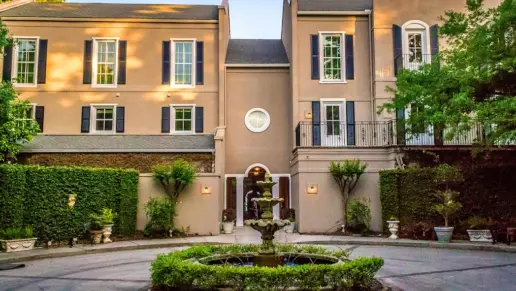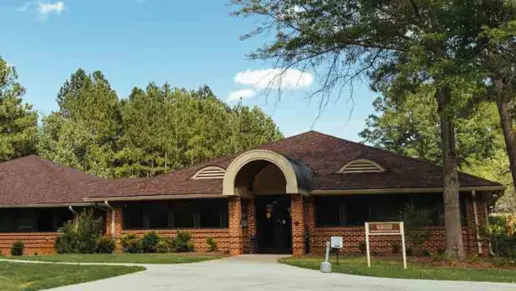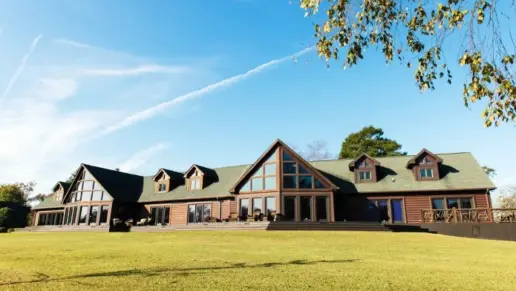Some of the sessions were very helpful for me but honestly I am sure I won't come back here, there are many things that need to change from the program in order for it to be what the patients deserve.
About Waypoint Recovery Center
Waypoint Recovery Center is a substance use disorder and behavioral health treatment center with two locations in South Carolina. One location has a residential treatment center, but the facility on Netherby Lane in North Charleston offers outpatient treatment only.
The programs are accredited by The Joint Commission. The outpatient program is in network with UBH insurance and Blue Cross/Blue Shield. They work with many other insurance carriers to get the most benefit from your insurance even if it’s not in network. The programs are for adults 18 and older.
The Netherby Lane outpatient program is an intensive outpatient program (IOP). At the time of writing, the daytime IOP runs from 10:00 a.m. to 1:00 p.m. on Monday, Tuesday, and Thursday. The evening IOP takes place from 4:00 p.m. to 7:00 p.m. on Monday, Wednesday, and Thursday.
Most of the programs in the IOP are group programs. You’ll participate in process groups where several people meet with a therapist. During the process group, you’ll learn more about yourself while interacting with others.
There are also education groups and skills building groups. The education group is less about relationships. Instead, a therapist gives you some ideas, tools, and info to help you develop better coping skills. You’ll learn about goal setting and how to pursue your goals while ensuring that your goals are appropriate for sober living.
Skills building groups are a place where you’ll learn skills to help you in your daily life and that reduce the likelihood of relapsing. You’ll get a chance to practice your skills in the group.
An IOP is beneficial because you’ll apply the skills you’re learning in groups to your daily life and work situations. There’s accountability, flexibility, and peer support. There’s also less disruption to your daily life because you’ll be able to continue your family, work, or school responsibilities while attending the program.
Latest Reviews
Rehab Score
Gallery
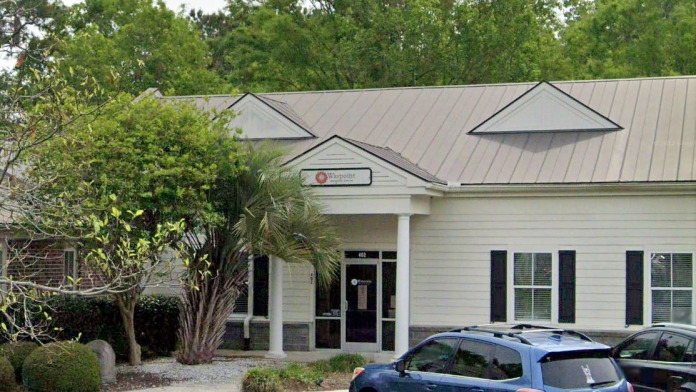
Location
Accepted Insurance
Other Forms of Payment
Self-pay involves paying for treatment out of your own pocket. You can use savings or credit, get a personal loan, or receive help from family and friends to fund your treatment. If you don't have insurance or your insurance plan doesn't cover a specific program, self-pay can help ensure you still get the care you need.
Private insurance refers to any kind of healthcare coverage that isn't from the state or federal government. This includes individual and family plans offered by an employer or purchased from the Insurance Marketplace. Every plan will have different requirements and out of pocket costs so be sure to get the full details before you start treatment.
Addiction Treatments
Levels of Care
Treatments
The goal of treatment for alcoholism is abstinence. Those with poor social support, poor motivation, or psychiatric disorders tend to relapse within a few years of treatment. For these people, success is measured by longer periods of abstinence, reduced use of alcohol, better health, and improved social functioning. Recovery and Maintenance are usually based on 12 step programs and AA meetings.
Choosing a drug rehab in South Carolina helps you overcome drug dependency, learn how to manage cravings, and obtain the tools needed to prevent relapse. This is accomplished through individualized treatment that addresses a full spectrum of physical, social, and emotional needs.
Many of those suffering from addiction also suffer from mental or emotional illnesses like schizophrenia, bipolar disorder, depression, or anxiety disorders. Rehab and other substance abuse facilities treating those with a dual diagnosis or co-occurring disorder administer psychiatric treatment to address the person's mental health issue in addition to drug and alcohol rehabilitation.
A combined mental health and substance abuse rehab has the staff and resources available to handle individuals with both mental health and substance abuse issues. It can be challenging to determine where a specific symptom stems from (a mental health issue or an issue related to substance abuse), so mental health and substance abuse professionals are helpful in detangling symptoms and keeping treatment on track.
Opioid rehabs specialize in supporting those recovering from opioid addiction. They treat those suffering from addiction to illegal opioids like heroin, as well as prescription drugs like oxycodone. These centers typically combine both physical as well as mental and emotional support to help stop addiction. Physical support often includes medical detox and subsequent medical support (including medication), and mental support includes in-depth therapy to address the underlying causes of addiction.
Programs


Clinical Services
Cognitive Behavioral Therapy (CBT) is a therapy modality that focuses on the relationship between one's thoughts, feelings, and behaviors. It is used to establish and allow for healthy responses to thoughts and feelings (instead of unhealthy responses, like using drugs or alcohol). CBT has been proven effective for recovering addicts of all kinds, and is used to strengthen a patient's own self-awareness and ability to self-regulate. CBT allows individuals to monitor their own emotional state, become more adept at communicating with others, and manage stress without needing to engage in substance abuse.
Dialectical Behavior Therapy (DBT) is a modified form of Cognitive Behavioral Therapy (CBT), a treatment designed to help people understand and ultimately affect the relationship between their thoughts, feelings, and behaviors. DBT is often used for individuals who struggle with self-harm behaviors, such as self-mutilation (cutting) and suicidal thoughts, urges, or attempts. It has been proven clinically effective for those who struggle with out-of-control emotions and mental health illnesses like Borderline Personality Disorder.
Research clearly demonstrates that recovery is far more successful and sustainable when loved ones like family members participate in rehab and substance abuse treatment. Genetic factors may be at play when it comes to drug and alcohol addiction, as well as mental health issues. Family dynamics often play a critical role in addiction triggers, and if properly educated, family members can be a strong source of support when it comes to rehabilitation. At Waypoint Recovery Center, they address the whole family system to optimize success.
Group Therapy services are focused groups designed to be flexible and meet the needs of the community. These may include substance use disorder groups (similar to those in IOP), specific skill-building groups, packaged programming for local referral sources, and treatment groups for people utilizing Medication Assisted Therapy with local practitioners.
Therapy is individualized to the needs of the person; objectives of each treatment plan will reflect a shared journey. They fully understand the value of meeting clients “where they are at,” taking into account their understanding and insights regarding the impact of substance use in their life. Then, they introduce the appropriate empirically-based intervention that can help the person gain insight and make effective change.
Life skills trainings involve all the skills a person must have in order to function successfully in the world. These include time management, career guidance, money management, and effective communication. Truly successful addiction recovery is based on the ability to not only live substance-free, but to thrive. Life skills teaches the practical necessities of functioning in society, which sets clients up for success in life, and therefore sobriety.
Recreational therapy (aka therapeutic recreation) uses creative and fun activities to help with addiction recovery. Recreational therapists lead patients in entertaining and engaging activities like sports or games; art (drawing, painting, sculpture); drama, music, and dance; and/or community outings (field trips) to improve patients' physical, social, and emotional well-being.
Staff
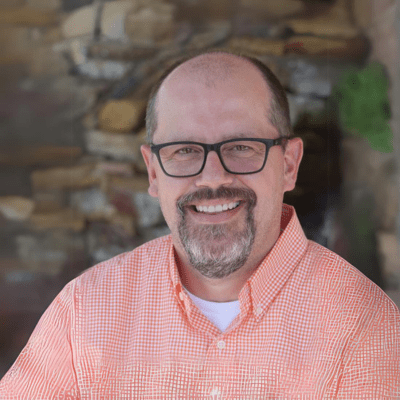
CEO
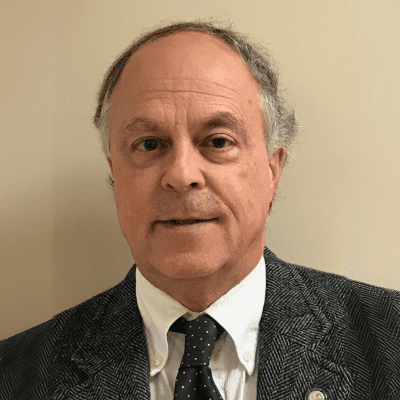
Medical Director
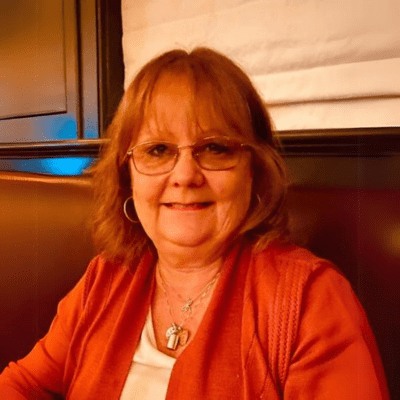
Director of Clinical Services
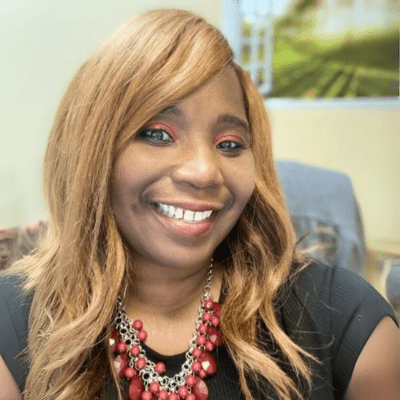
Director of Admissions
Contact Information
5401 Netherby Lane
Suite 402
North Charleston, SC 29420





